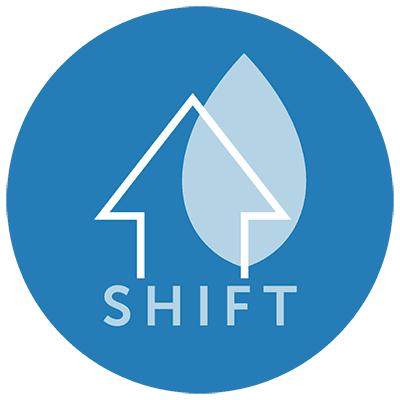Many residential building owners will be familiar already with RdSAP software, but what are the calculations behind it? SHIFT’s popular “RdSAP awareness training” is ideal for those who want to understand these calculations that underpin the SAP/EPC rating. Many...




















